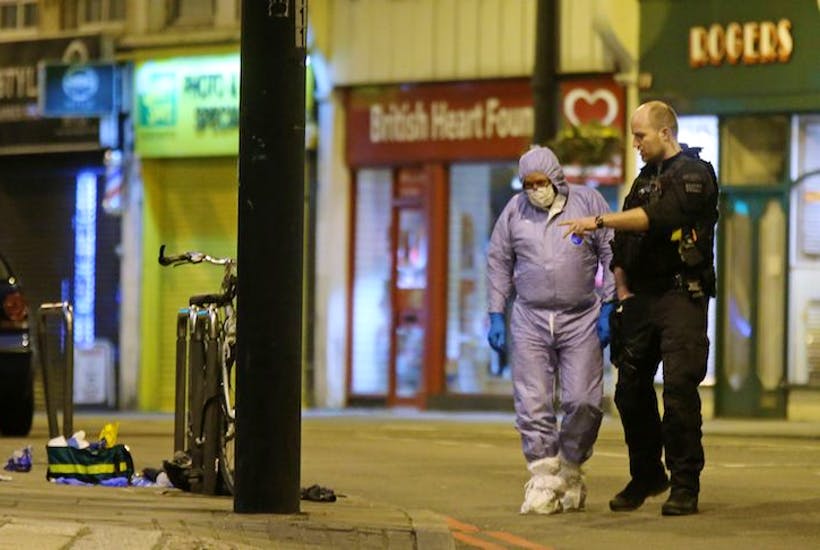The Streatham attack, again, highlights the problem of what to do with those convicted of terror offences. Longer sentences are, obviously, part of the answer. One of the purposes of prison is to keep those who are a danger to the public off the streets. Letting those convicted of terror offences out early doesn’t fit with that. It is absurd that someone can plead guilty in November 2018 to possessing and disseminating jihadi materials and then be released in January 2020.
But the other issue is what is going on inside our prisons. It is all too clear that Suddesh Amman did not come out of prison deradicalised. Neither did the London Bridge attacker.
It is not just that the prison system is failing at de-radicalisation, as Ian Acheson—who wrote a hard-hitting review for Michael Gove on the subject—has repeatedly pointed out, but that the amount of Islamist influence in our prisons means that there are people coming out more radicalised than they went in. Sorting out how our prisons handle Islamist prisoners, and their attempts to gain influence inside, is one of the big public policy challenges of our time. It is almost certainly going to require a set of specialised prisons to contain the problem. The government, which broadly seems to ‘get’ this issue, must get on with dealing with it as a matter of national urgency.







Comments